Self-Actualized Recovery
After an addict has slammed into rock bottom, the definition of “better life” is a low bar. Oftentimes, folks in recovery tend to settle for mediocrity because at baseline, at least they aren't using, right?
Wrong.
Quitting the substance does not immediately solve your problems and make you happy. Radical recovery calls for creating the absolute best and highest existence possible. Your rock bottom offers a clean slate; most people aren’t afforded such privilege.
The path of recovery is inviting you not to settle for a better life but only accept your absolute best life.
What are you waiting for?
(Don't feel like reading? Here's the video version)
I nervously fidgeted in my chair. Being surrounded by drug addicts in the basement of a church felt overwhelming. But, I was desperate to avoid relapse and Narcotics Anonymous (NA) meetings, I had heard, were the miracle cure.
Night after night I found NA meetings in my area. And night after night I felt more hopeless about life in sobriety. Is this what I have to look forward to?
One evening, I listened to a lady's story who had been sober for 20 years. She described struggling daily against her disease. She painted a picture of her life as one long road of hardship but grateful to not be “drinkin’ and druggin’.”
I sat crying in my car after the meeting, head against the steering wheel, feeling hopeless. I wondered if I would ever feel happy. I lived for decades with the silent agony of a closeted man, then destroyed my life with crystal meth.
After all of that, was I now doomed to carry addiction on my back like an incurable disease for the rest of my days?
I wanted to die.
If this sounds familiar, let me offer some hope. You can be sober AND free. You don’t have to settle for anything less than the life of your dreams. I refer to this route as Self-Actualized Recovery.
Here are the 4 D's of Self-Actualized Recovery:
Direction.
What I hear most from those in recovery is that they feel stuck. Their life is in transition from one identity to another, a state I call "buffering". The nervous system is in shock and there's not enough internal bandwidth to generate momentum.
All a buffering person knows is how to avoid the substance (or behavior). Beyond that, life is unfamiliar and vague.
How can you stop buffering? By expanding capacity through the power of your imagination. This is your opportunity to create reality and dream as big as possible. How can you move forward if you don't know where you are going?
Detachment.
The most impactful differentiator of successfully sober people is their mindset. Growth of any kind--personal, mental, physical, or spiritual--is driven by perspective shifts.
My recovery journey transformed when I stopped saying "I am an addict." The words "I AM" declare your identity and ask the EGO to find proof (See my article on the EGO's role in addiction). I was able to detach myself from the addiction by saying "Part of me is an addict."
When you stop identifying with the addiction, you become the observer of it. Practicing awareness in this way is a return to your true nature (consciousness). This allows you to create a relationship with your addiction for the purpose of deep study. This puts you in the driver's seat.
To get started with the process of detaching your identity from your addiction, I've created a guided meditation called "Meet Your Addiction":
Decision.
A springboard for creating the life of your dreams lies in the questions you ask. Approaching recovery with curiosity allows you to make decisions that lead to momentum. There will be days when your sobriety hinges on one decision at a time.
A starting point is to notice when you are emotionally activated. Self-actualized Recovery begins by questioning exaggerated responses to seemingly insignificant stimuli. A family member cuts you off in mid-sentence, your boss sends a curt email, or your friend cancels plans at the last minute. These are the moments that point you toward subconscious beliefs. This is where you can propel your healing.
Knowing oneself comes from attending with compassionate curiosity to what is happening within. – Dr. Gabor Mate
Curious questions such as "Why did that bother me so much?" and "How could my anger be a gift from my subconscious?" allow you to decide between reacting and responding. You will immediately notice a more balanced nervous system. One morning I made it to my destination during rush hour traffic and reflected on how calm I was; that's when I knew my recovery had deepened.
In the diagram below, you'll see an illustration showing two people who are both abstaining from the substance; one is buffering (stuck) and one is recovering (advancing).

Discernment.
While in active addiction, we lose trust in our ability to sense right or wrong. This disconnection with self can be manipulated by some in the recovery community. Newly sober people feel such an incredible amount of shame that they take the notion of "life became unmanageable" (Step One) to heart.
Yes, you made a series of decisions that weren't for your best, but that does not mean you are unable to hear your intuition. It only means you need space to be attuned to your inner voice. I found that space during mindful meditation.
The most impactful use of my time in early recovery was doing nothing. There is infinite value in silently observing your thoughts. My mind was a stormy sea of uncontrollable waves, but with practice, I learned how to calm the waters. This is the key to connecting to your intuition.
Recovery: the action or process of regaining possession or control of something stolen or lost.
What was stolen from you? Your perfect nature; the connection with your soul. It was taken from you at a time of defenselessness. It was replaced by imprinted beliefs about who you are and the quality of your life.
It is time to take it back.
You can regain control by rewriting those imprints and creating brand-new ones. This process will elevate your life into states of being that you could never imagine. A state called Self-Actualized Recovery. The possibilities are endless for you.
What are you waiting for?
I pray these words have ignited a new passion in your recovery journey. This is only the beginning! If you'd like to dive deeper, schedule a free coaching session with me HERE.
Dr. Dallas 💚
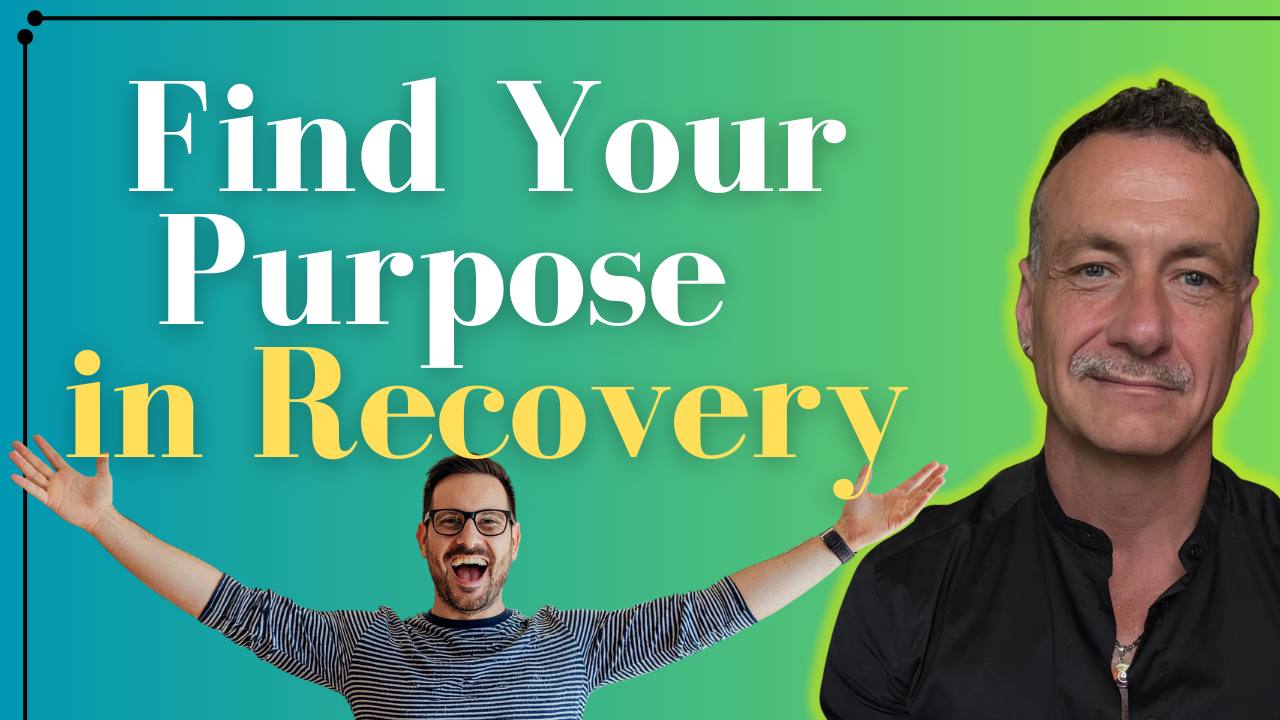
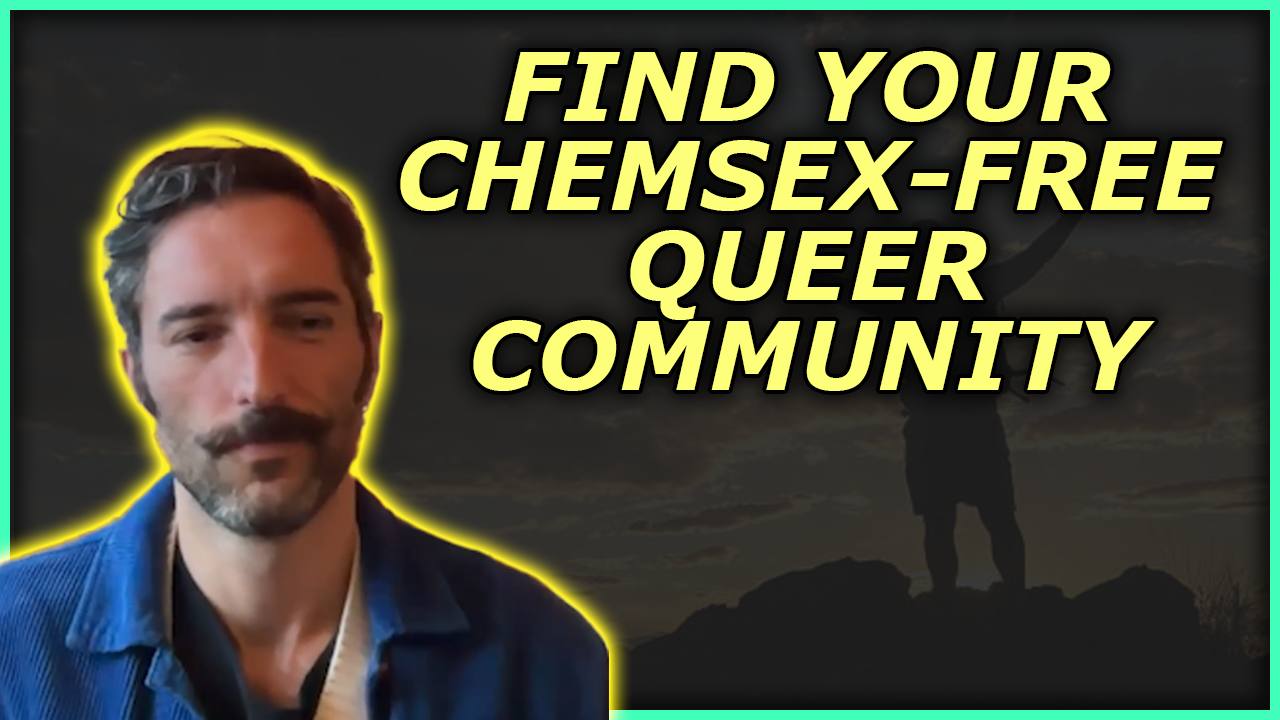
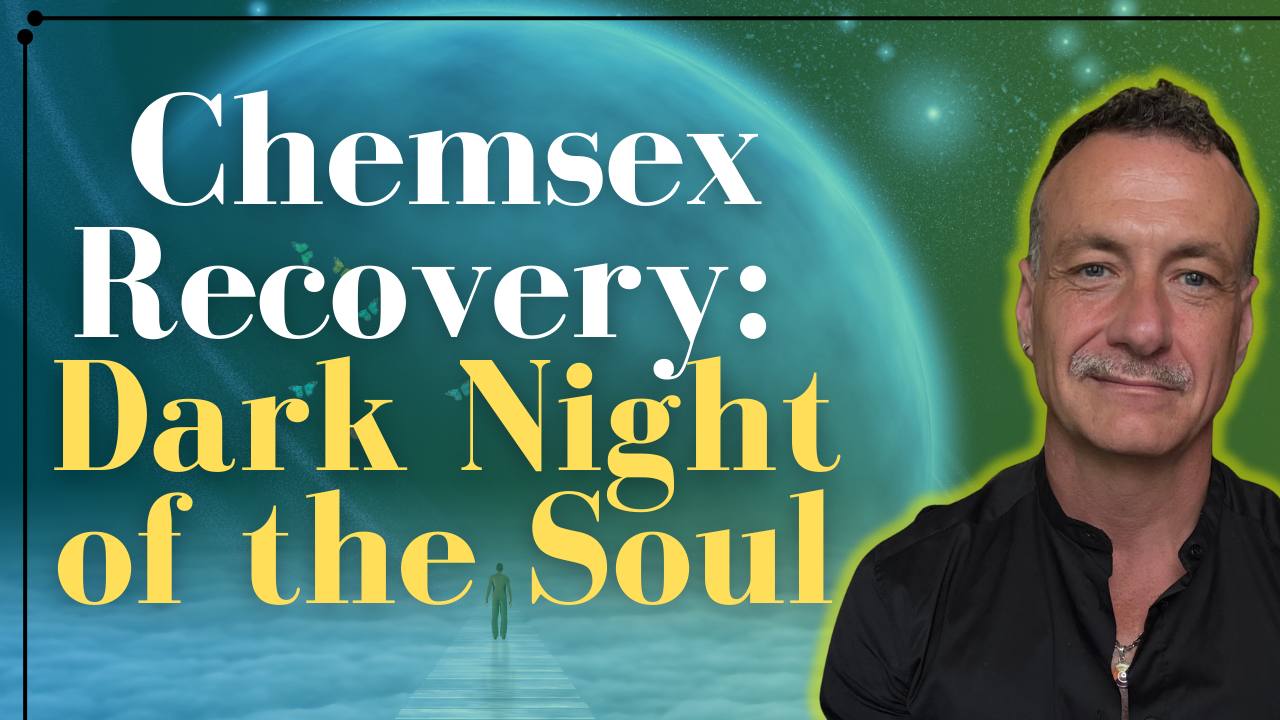
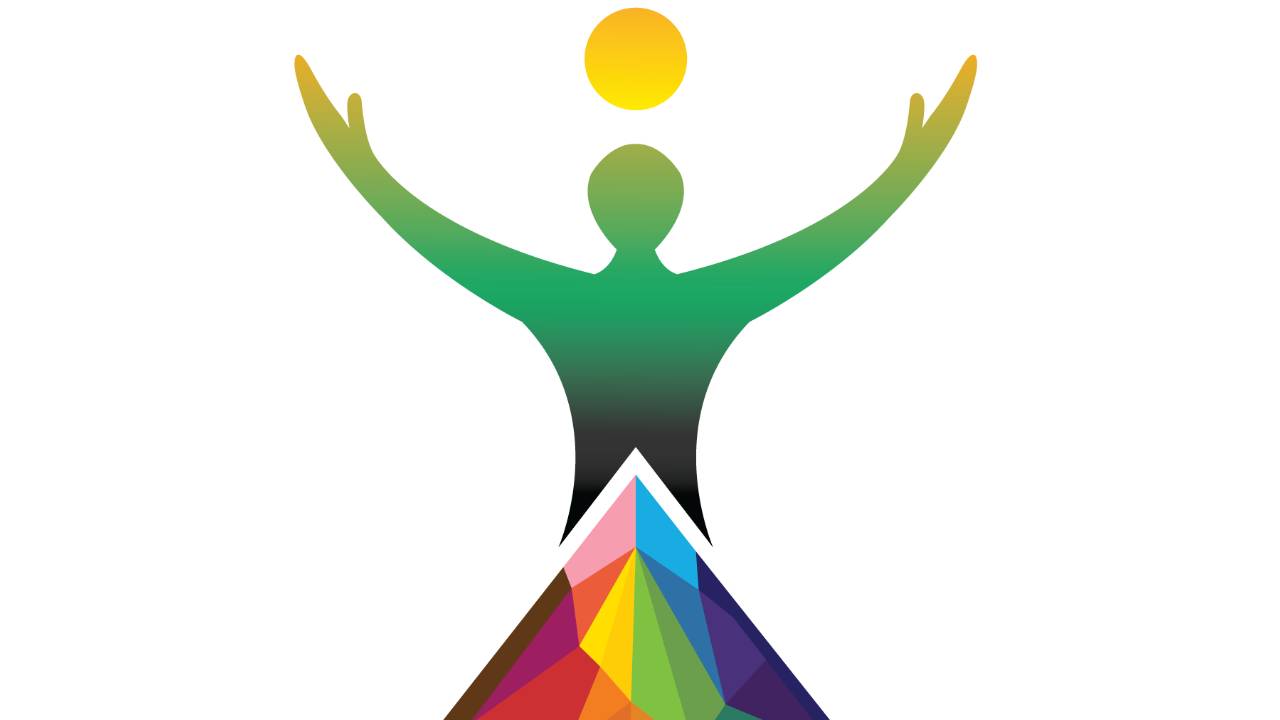
Responses